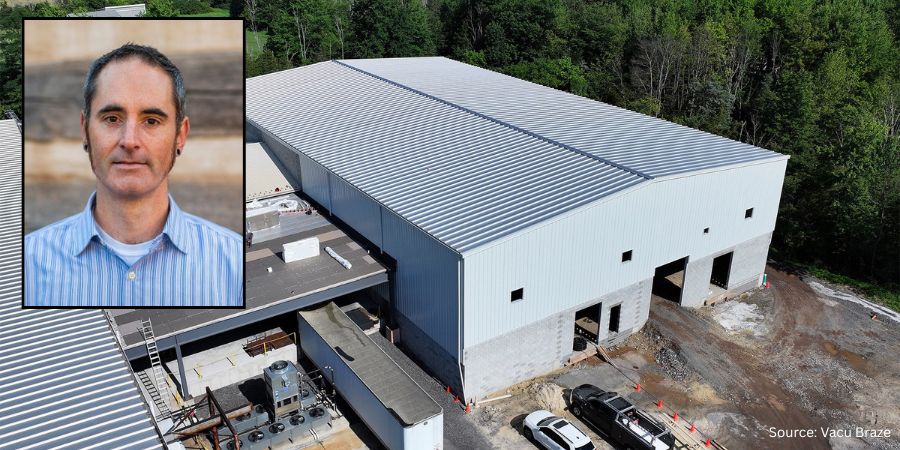A medical implants manufacturer recently modernized three vacuum furnaces at its Memphis, Tennessee, facility, with process control upgrades from a provider of industrial process control and automation to heat treatment and combustion markets.
Orchid Orthopedic Solutions (Orchid Memphis) commissioned the upgraded process controls from United Process Controls (UPC), headquartered in West Chester, Ohio, for Ipsen VFS vacuum furnaces, retrofitting two furnaces with replacement controls and a total control system replacement for the third furnace. Orchid Memphis was contending with underperforming controls that were compromising furnace efficacy, productivity, and uptime. Additionally, insufficient automation made it harder to push towards a paperless approach to reporting, traceability, and diagnostics.
All systems feature Protherm 700 controllers, and soft start panels were introduced to help lower energy costs during quenching. The upgraded systems also include chart recording and recipe control, the latter of which incorporates specific programming for automatic leak test cycles and guaranteed soak for medical industry requirements – tasks that were previously monitored and recorded manually. The improvements also make it easier for Orchid Memphis to streamline its maintenance process and manage maintenance tasks. This way, leak-up rates, events, and alarms are automatically and accurately reported. Moreover, upgrading with new controls and automation ensures that Orchid Memphis meets the more complex and stringent requirements of the US Food and Drug Administration (FDA) for medical implants.
“There was no need to start from scratch,” noted Rob Freeman, UPC services engineer heading the upgrade. “The furnaces were robust, but existing controls needed re-engineering to enhance the flexibility of operations and to meet the specific needs of Orchid Memphis in a cost-effective manner. By maintaining a focus on long-term operations, furnaces were upgraded to new business demands without incurring high upfront costs associated with new assets.”
Another key aspect of the upgrade was SCADA integration leading to unified operations. In the final stage of the project, the furnace controls were connected to the Protherm 9800 automation platform, which is configured to improve workflow efficiency, optimize furnace utilization, track work orders, and view real-time performance metrics.





